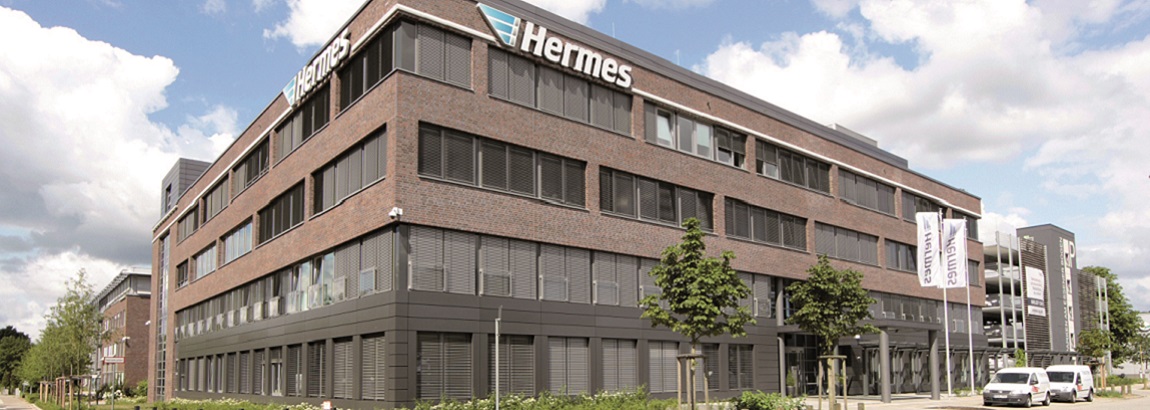Our attitude and approach
Collaboration with employees and contractual partners

As one of the leading logistics companies in Europe, with 15,300 employees worldwide, we take our responsibility as an employer very seriously. Likewise, as partners we campaign for working conditions at our external contractors and suppliers in order to implement sustainable action in our supply chain together with them.
Reacting flexibly and sustainably to new market and customer requirements
The ever-increasing digitisation, the strong growth in e-commerce and the resulting change in consumer behaviour are all placing high demands on the CEP sector as a whole. Shipment volumes are increasing and the proportion of parcel deliveries is rising all the time, especially in inner-city areas. At the same time, customers' service requirements are also intensifying, with shoppers expecting prompt and flexible delivery without compromising the city landscape and quality of life. Hermes is therefore continuously adapting its business strategy in an effort to meet the new conditions in the market environment.
At all Hermes sites, the logistics infrastructure of Hermes Germany is being transformed as part of the Bluefield strategy and our production system is becoming more decentralised and even more customer-oriented.
The enterprise’s constant development is creating new requirements - for all Hermes employees, but especially for the employees hired by our contractual partners. Employee and supplier-related measures are explained in the Sections ‘Contractual partners and suppliers’ and ‘Employees’.
Key issues and key objectives
The most important CR topics for our employees and contractual partners along the value chain were identified in the materiality analysis. This includes: Remuneration, working time, work safety and training.
At our sites, the issues of training and diversity in particular have emerged as essential. In addition to assuming long-term responsibility for our core business, we support concrete projects, actively articulating our social commitment.
We have set ourselves four overriding goals for the ‘Work & Life’ field of action:
- Implementing a risk-based audit approach for contractor/partner certification on the final mile and implementing social audits at all active service partners.
- Promoting and anchoring cultural change. This means rethinking existing working methods and behaviour - especially in view of increasing digitisation.
- More women (30%) in management positions in service and administration (Hermes Germany, Hermes Europe and Hermes Einrichtungs Service)
- New training formats for employees that enable them to meet new requirements (e.g. various online learning programs)
Organisation of fair collaboration
A special whistleblower system within Hermes' internal HR legal department not only enables Hermes employees but also the employees at contractual partners to report complaints or information on legal infringements and violations of internal guideline and the Code of Conduct. This gives employees working directly and indirectly for Hermes an opportunity to enter into dialogue in order to address their complaints confidentially and (if desired) anonymously, and to make grievances transparent.
In addition, Hermes has set up an independent ombudsman who is available to Hermes’ contractual partners and its employees as a contact person should criminal offences be observed or should concrete suspicions arise.
In the three financial years 2015 to 2017, Hermes' internal HR legal department received a total of 374 social compliance reports. Of these, 26 were reported directly to the Ombudsman.
Standards and guidelines control collaboration
The framework parameters for fair collaboration offer clear and defined standards and guidelines. Hermes has committed itself to the Otto Group Code of Conduct and has had its own Code of Conduct since 2011. It defines the basic requirements for employment at Hermes and regulates issues such as employee protection, working conditions and minimum wages at service partners in the final mile parcel distribution.
The Code of Conduct is an integral part of every business relationship with our contractual partners. In line haul, we made a voluntary commitment in 2016 to comply with the FairTruck Code which aims to provide fair working conditions for professional drivers.










